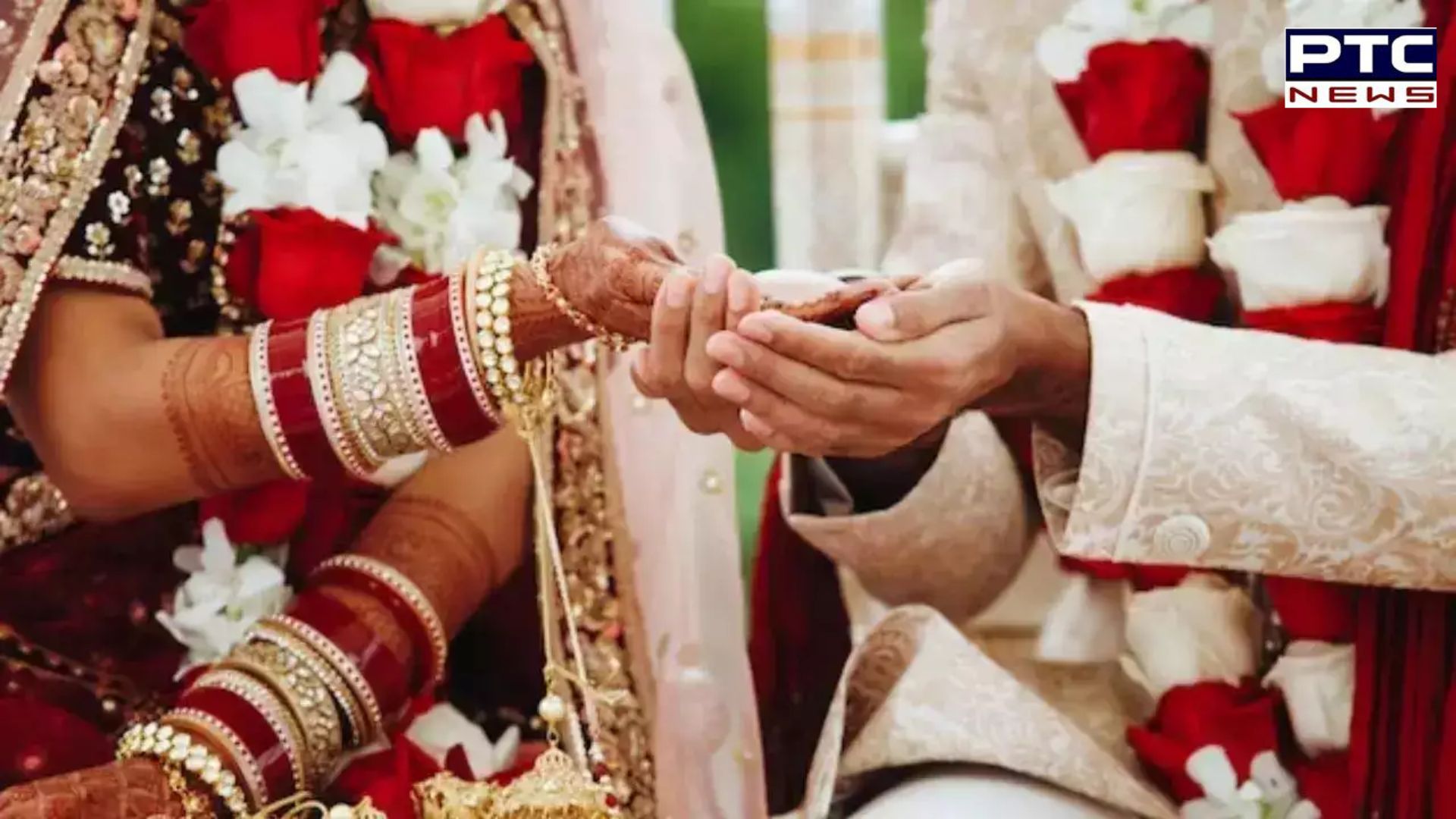

Explained: What are sapinda marriages? Why HC has banned it?
Sapinda marriages: The Delhi High Court upheld the constitutionality of a provision of the Hindu Marriage Act that prohibits marriages between people related to each other through ancestors on their parents' sides unless their custom allows it.
The order was passed on January 22. The court was hearing a petition filed by a woman who had been trying for a long time to have this section struck down.
A bench comprising Acting Chief Justice Manmohan and Justice Manmeet Pritam Singh Arora ruled that the petitioner did not provide "stringent proof" of an established custom, which is required to justify a sapinda marriage.
The Delhi High Court also ruled that the choice of a partner in a marriage can be regulated. With this in mind, the court determined that the woman did not present any "cogent legal ground" to demonstrate that the prohibition on sapinda marriages violated the right to equality.
A sapinda marriage is one between two people who are related to each other to some extent.
According to Section 3(f)(ii), “Two persons are said to be sapindas of each other if one is a lineal ascendant of the other within the limits of sapinda relationship, or if they have a common lineal ascendant who is within the limits of sapinda relationship with reference to each of them.”
According to the HMA, on the mother's side, a Hindu person cannot marry anyone within three generations of them in the "line of ascent". On the father's side, this prohibition applies to anyone within five generations of the individual.
In simple words, this means that on their mother's side, a person cannot marry their sibling (first generation), parents (second generation), grandparents (third generation), or anyone else who shares this ancestry within the three generations.
On their father's side, this prohibition would apply to their grandparents' grandparents as well as anyone within five generations of this ancestry.
If a marriage is found to violate Section 5(v) by being a sapinda marriage, and no established custom permits the conduct, it will be declared void.
This would imply that the marriage was invalid from the start and will be treated as if it never took place.
Ayodhya Day 4: Long queue outside Ram Temple for Ram Lalla darshan
Yes, the only exception can be found within the same provision. As previously stated, it occurs when the customs of each individual allow sapinda marriages.
The definition of "custom" is found in Section 3(a) of the HMA. According to Section 3(a), custom must be "continuously and uniformly observed for a long time" and have achieved enough legitimacy among Hindus in a local area, tribe, group, or family to be considered "the force of law."
Even if all of these conditions are met, a custom may not be protected. The rule in question must be "certain and not unreasonable or opposed to public policy" and, "in the case of a rule [that is] applicable only to a family," it must not have been "discontinued by the family".
In 2007, the marriage of a woman was declared void after her husband proved it was a sapinda marriage and she did not come from a community where such marriages were customary. This decision was challenged in the Delhi High Court, which dismissed the appeal in October 2023.
The woman then petitioned the High Court again, challenging the legality of the sapinda marriage ban. She claimed that sapinda marriages take place even when there is no evidence of custom. As a result, Section 5(v), which prohibits sapinda marriages unless an established custom exists, violates the right to equality guaranteed by Article 14 of the Constitution.
The petitioner also claimed the marriage had received the consent of both families, demonstrating its legitimacy.
Nitish Kumar to swear in as JD(U)-BJP Chief Minister on Jan 28: Sources
Bihar uncertainty: BJP MLA hints at PM Modi's support, sets 2-Day deadline
-
